
Personal Experience of Living in Hong Kong: Rental Prices, Standard of Living, Pros and Cons
How much does housing cost in Hong Kong and what is life like there in general? Olga, who has been living in this region for 17 years, told us about this, as well as how much housing costs in Hong Kong, how they treat foreigners there, how easy it is to get a job and what salaries to expect.
Relocation, residency, specialists in demand
— My name is Olga Minakova. I come from the Irkutsk region. By profession, I am an economist with knowledge of two foreign languages (the first language is English, the second is Chinese “Mandarin”). Then I learned Cantonese, the Chinese dialect spoken in Hong Kong.
I worked in my specialty in the city of Guangzhou and there I met my husband from Hong Kong, so I moved there on a so-called wife visa, or dependent visa. This was in 2007. That is, it will soon be 17 years since I first found myself in this wonderful place.
At the moment, I continue to work in my specialty: I communicate here in Hong Kong with businessmen and representatives of organizations from post-Soviet countries as a translator, business partner, consultant and guide on various issues. I am very glad that my knowledge benefits many people.
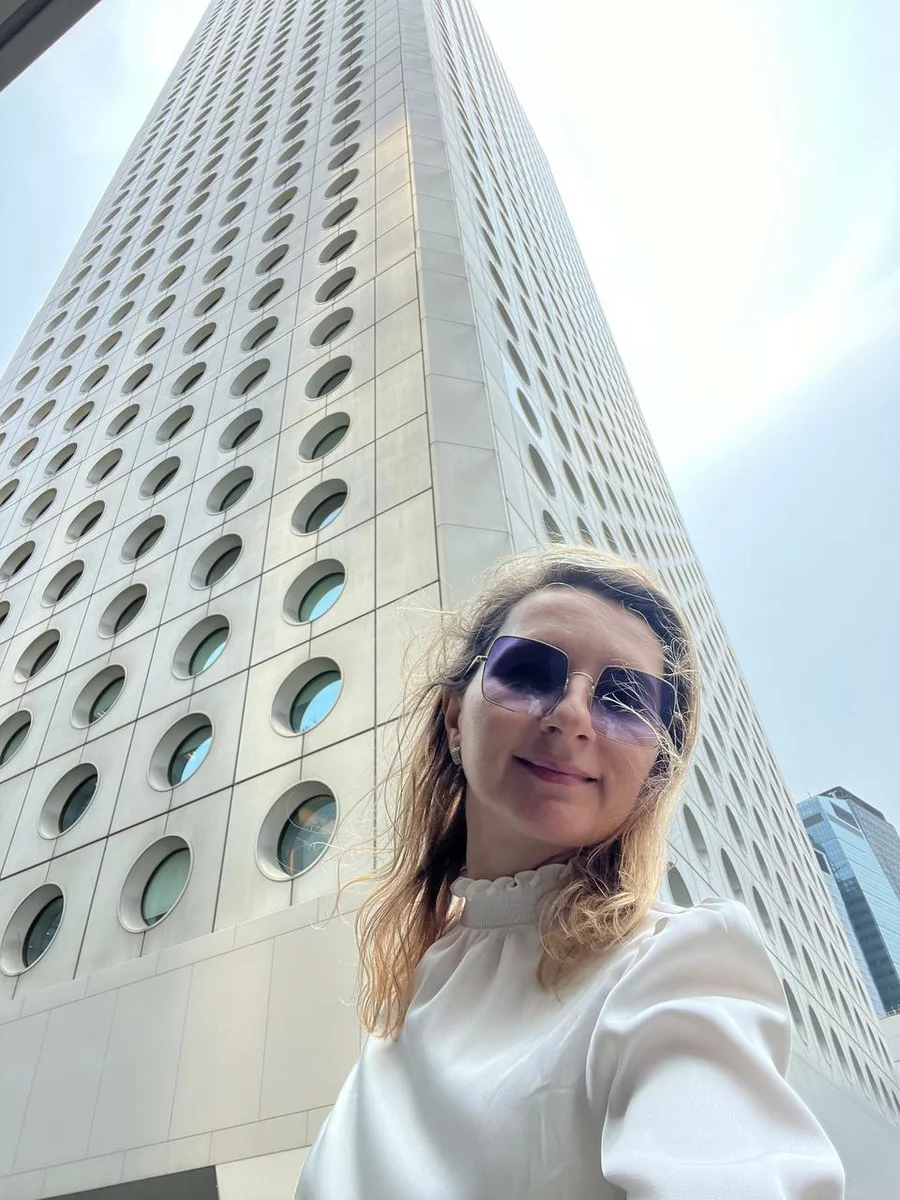
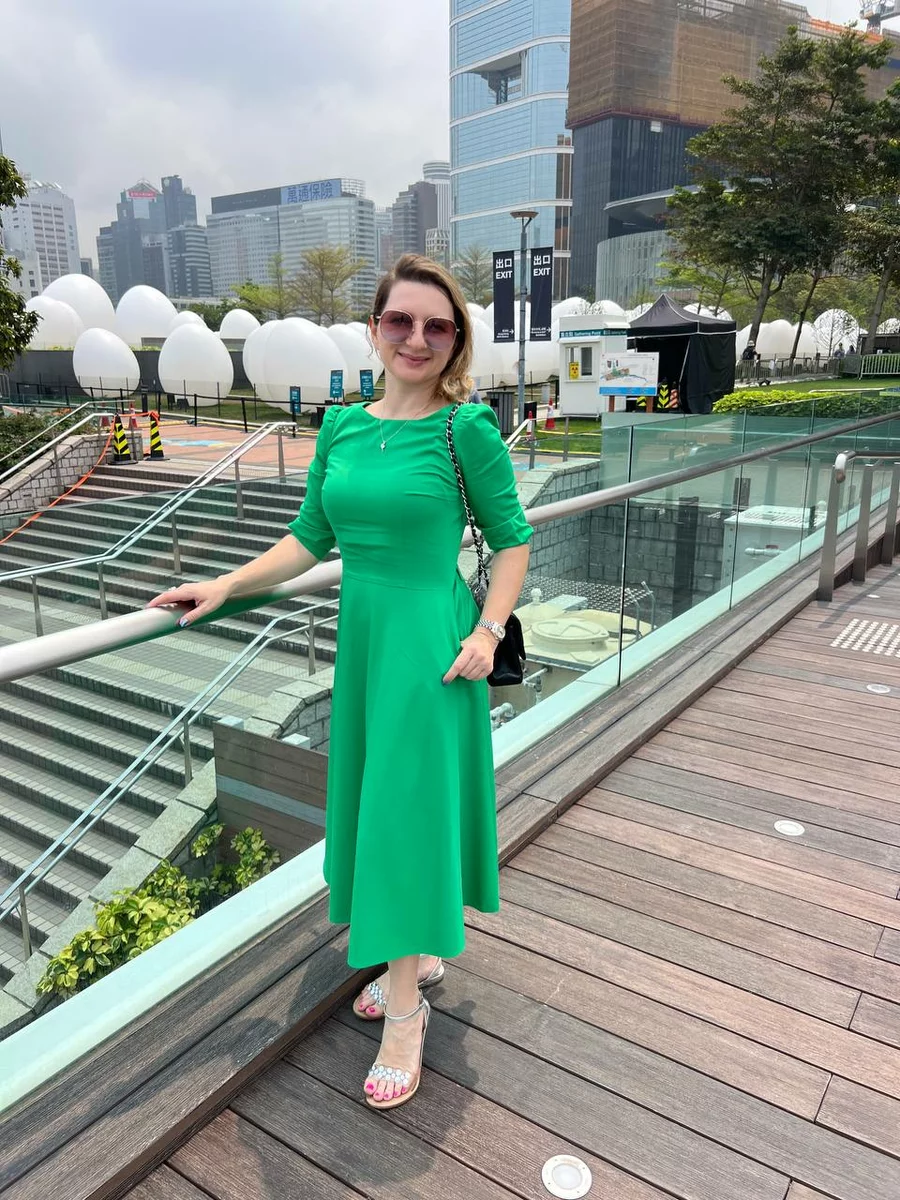
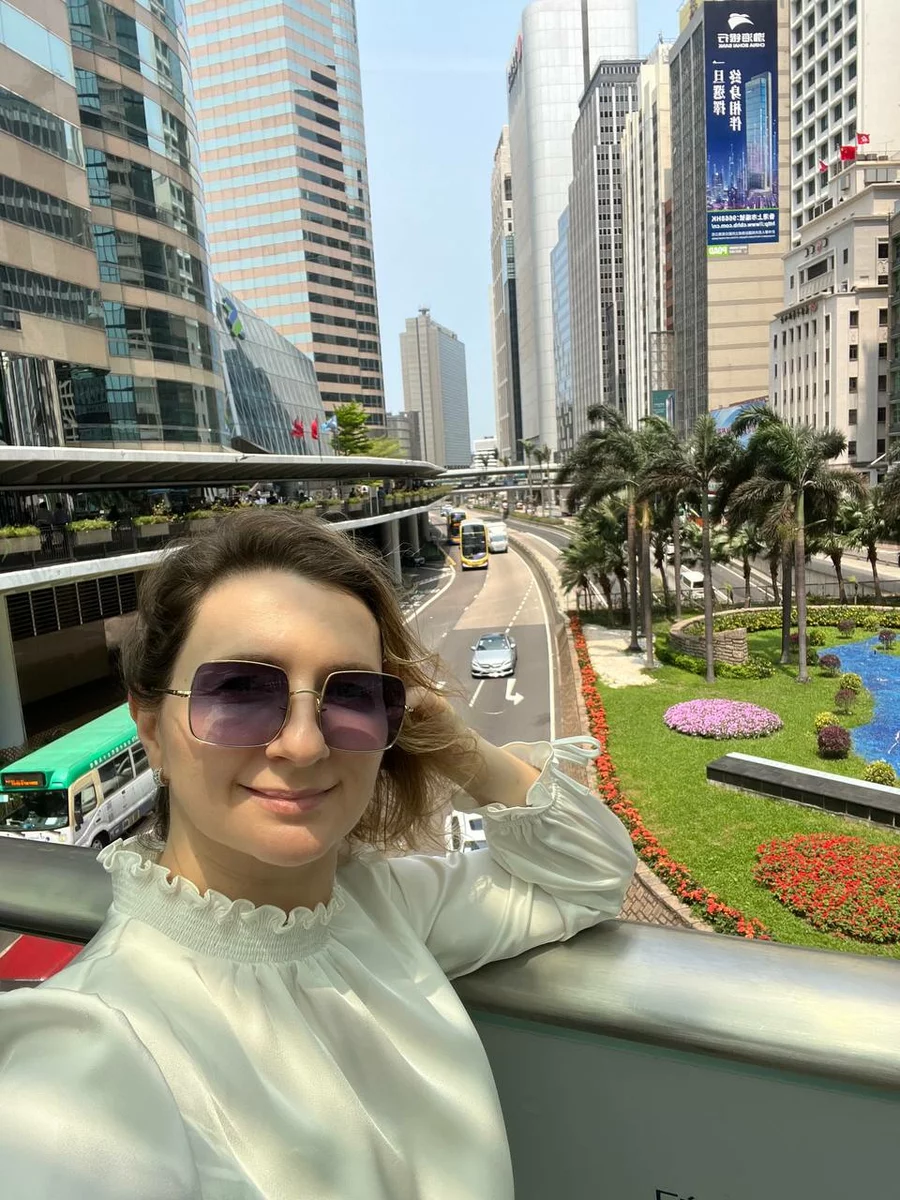
— Based on my experience, moving to Hong Kong is not difficult. I have a lot of friends who created families with local citizens in the same way and moved. For the first 7 years after formalizing your relationship, you will be considered a so-called dependent resident. After this time, we will talk about independent residency.
However, it is important to understand that the authenticity and seriousness of your relationship in Hong Kong is carefully checked: even at one time we had to show photos together, prove that our families knew each other, and so on. Now, I think things are even stricter with this.
In addition to starting a family, work can also serve as a reason for moving, you can get the appropriate visa. For example, teachers are in great demand here — during the pandemic, I myself taught English in international kindergartens and learning centers in Hong Kong. Preference is given to female teachers here. It is advisable to have a higher pedagogical education, although sometimes they take someone without it if they have a good knowledge of English and a good appearance.
In general, you can officially stay in Hong Kong for 14 days with a Russian passport. Therefore, those who want to stay here longer need to consider the existing legalization options. After 7 years of living in Hong Kong on one visa or another, you are already considered a permanent resident — from this moment on, there is no need to apply for a visa.
Let me emphasize that you can only move here officially. Also, when hiring, you will have to prove your advantages over the local population, because now there is no longer such a need to “hunt” foreigners — it is safer and easier to hire local employees, who also often speak English excellently and have a high level of education. But the road is always open to unique specialists
Local residents grow up with the goal of living in prosperity.
Local mentality, strict law and Asian food
— I really like the climate because there are different seasons here, unlike many other Asian countries, such as the Philippines, Indonesia, Singapore, and Thailand. This may be a drawback for many, but I like the flexibility of being able to adapt to different weather conditions and being able to wear warm clothes or go without them.
Autumn in Hong Kong is the ideal weather for walking, enjoying the pleasant sea breeze and sunny weather; It's hot in summer, cold in winter (temperatures sometimes drop to +5), and in spring comes the rainy season, which ends in November. Sometimes typhoons occur, the number of which can reach up to 10 per year. Messages about the approaching typhoon are broadcast on radio and television.
The next advantage is cleanliness. Despite the fact that people continue to litter, everything is cleaned up quickly and efficiently. The road surfaces here are treated with special solutions, and high-quality and classy repairs have been made in offices, hotels and restaurants. Here they monitor very closely how the contractor delivers the work.
I also really like local food and products. There is a lot of fresh fish, meat, vegetables and fruits here. Basically, we buy everything at the market. I am glad that there is a variety of cuisines, that is, you can try any food from a variety of countries and it will be very tasty, in no way inferior to the original. There are a lot of Michelin-starred restaurants here and the owners of all establishments monitor the quality so that customers and tourists come back. It is very important for them to receive good feedback.
We also often go to local Chinese restaurants, where sometimes you have to wait in line to try something unusual — for example, pork legs with noodles, steamed dim sum, pigeons in soy sauce, shrimp dumplings, steamed soufflé, and so on. We actually eat Asian food 90% of the time and we don’t get tired of it due to its diversity — simply, chicken can be served here in a variety of forms, and all the cooking methods will be different and surprising with the novelty of taste.
Another interesting fact is that almost everyone in Hong Kong has an au pair. You can delegate your responsibilities around the house to her. It makes me very happy to know that you are not alone, that everyone’s life is just the same.
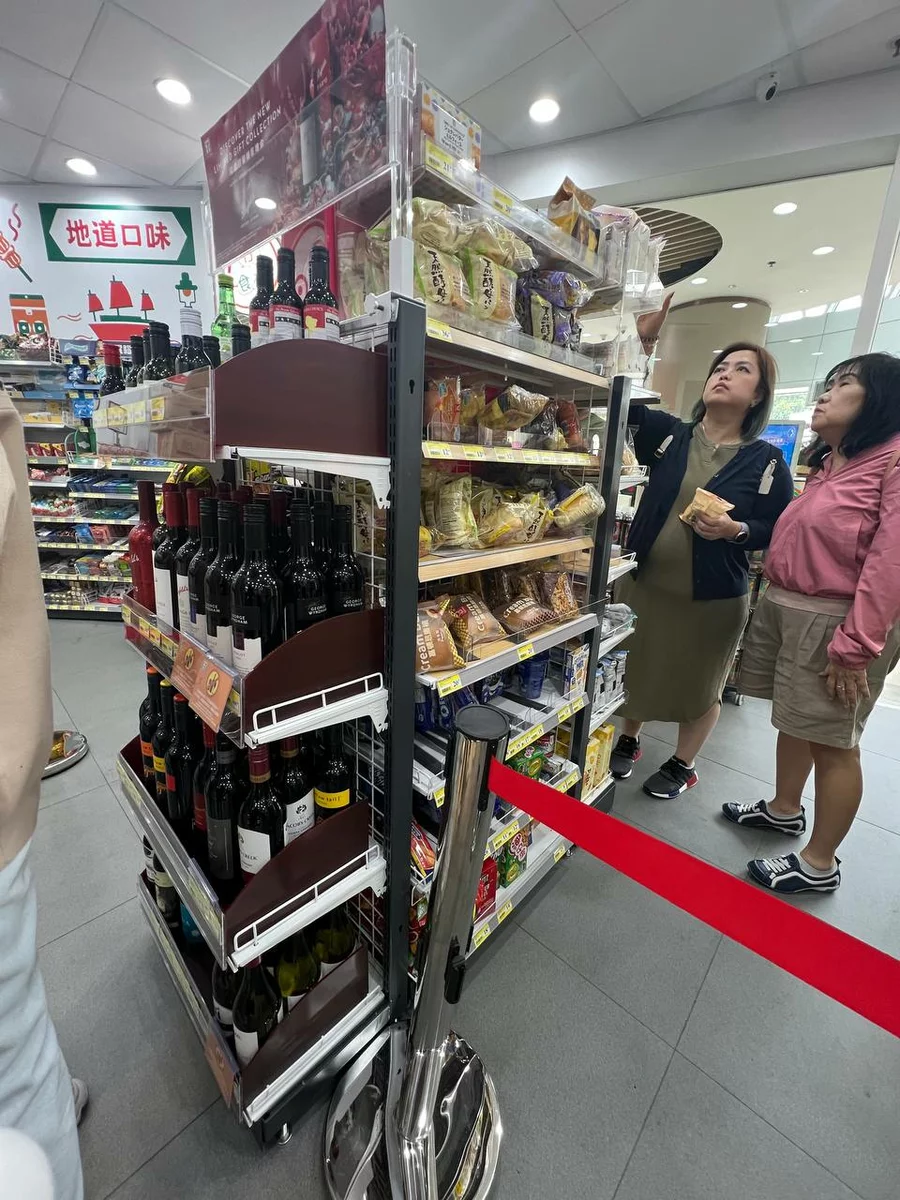
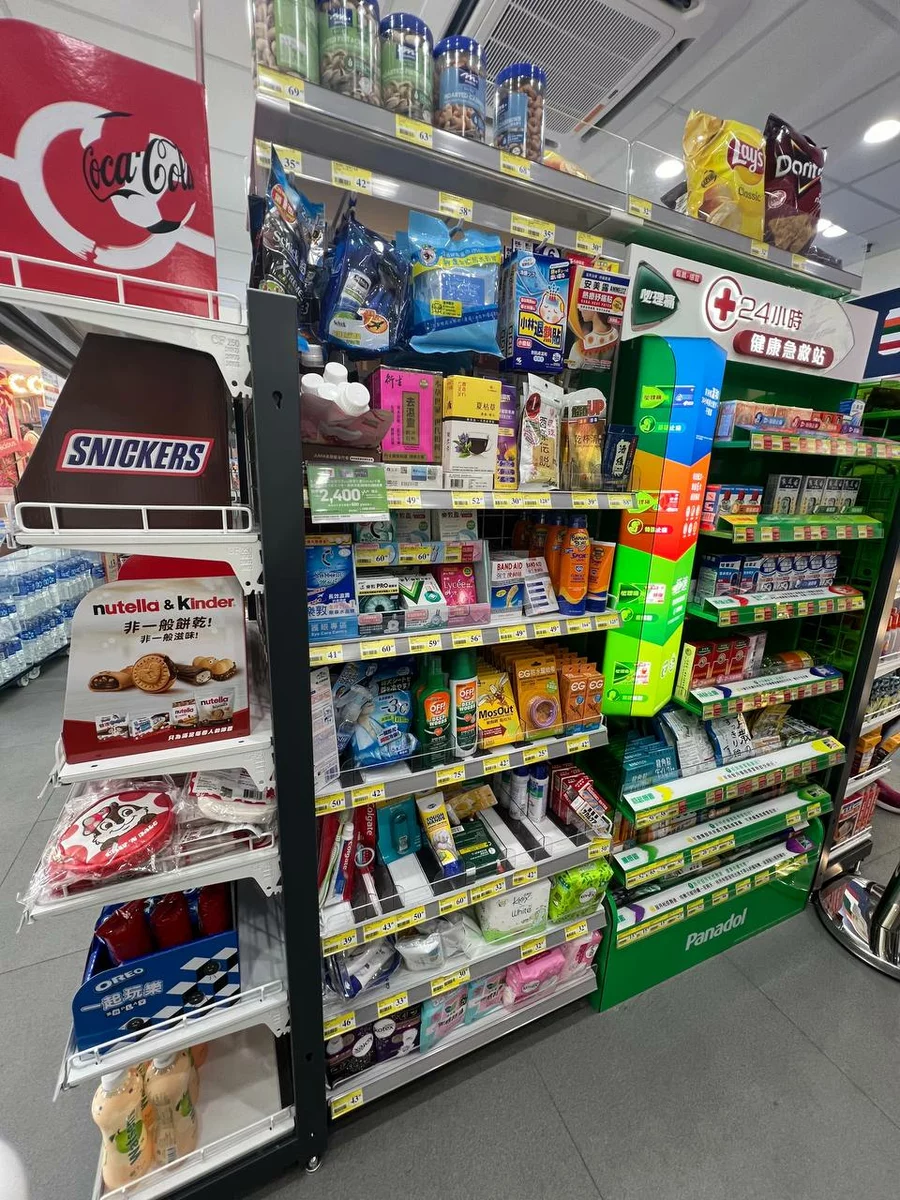
Besides all this, I like the pleasant and friendly atmosphere in Hong Kong: the Chinese are very kind people who are always willing to help out and suggest something. If you don’t know how to get somewhere, some Chinese will even get into a taxi with you, take you to the right place and pay for the trip. I've been in similar situations myself, so I know what I'm talking about.
They are calm, responsible and self-sufficient people; They grow up with the goal of living in prosperity. They are taught this from childhood (at home, in schools, on social networks), and most importantly, they see such an example around them, since many have an excellent standard of living. It’s good that the locals don’t have any envy, they calmly accept and even rejoice when others do something well, or when someone goes on vacation to some resort. Because this is the norm for everyone.
On the other hand, since Hong Kong residents value their time very much, they will not waste it on people or activities that they consider not worth their attention.
The locals are also distinguished by their family nature: people here rarely disperse, mostly stick together, sincerely valuing family ties.
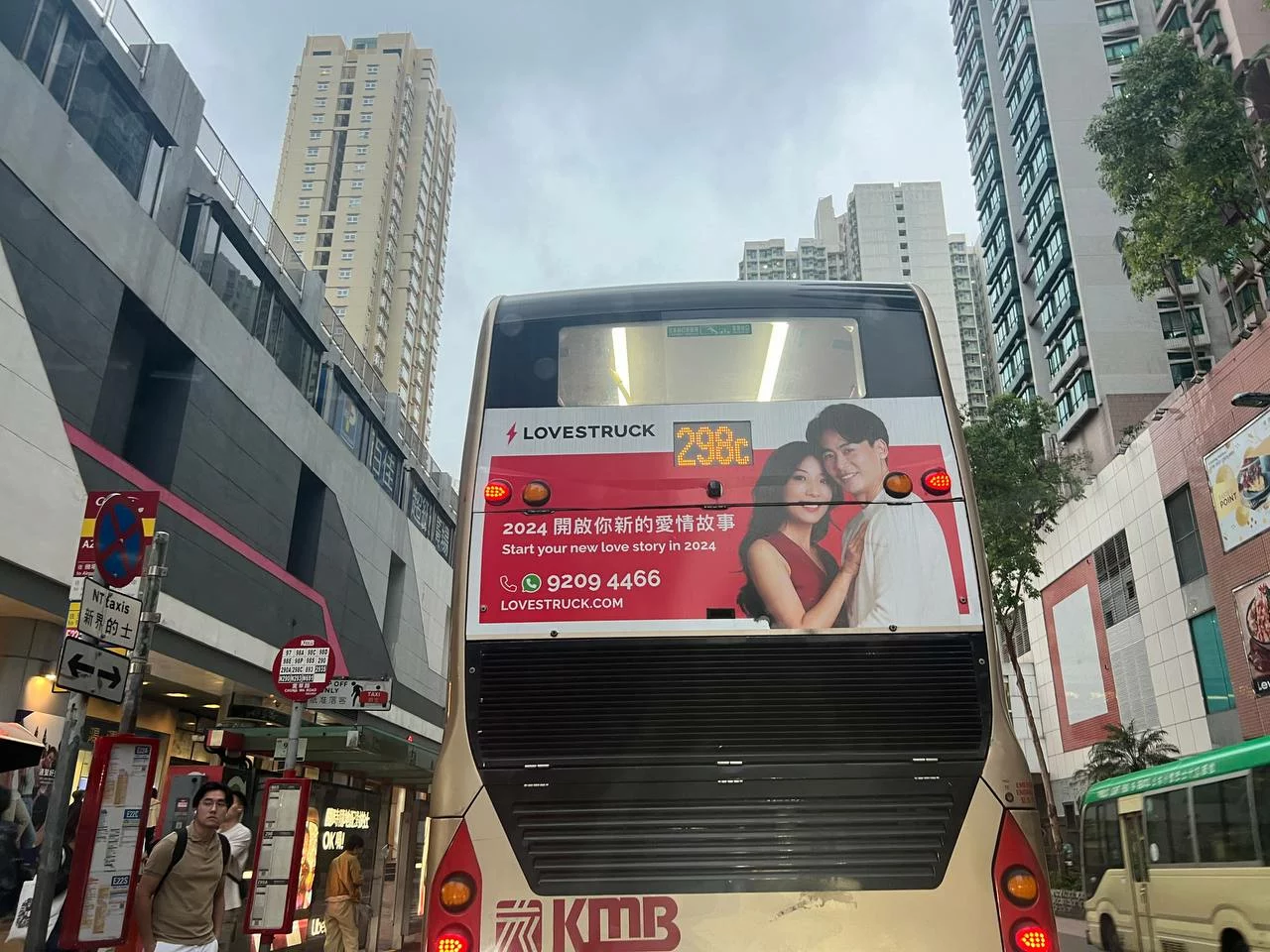
Another advantage is safety, which you get very used to here. This is due not least to the fact that the standard of living in the country is generally high and people provide for themselves. Hong Kong has a fairly strict law that everyone obeys — this is taught from childhood.
It is difficult to forget about the existing rules here — there are reminders everywhere in the form of signs, signs, etc. For example, in the restroom they will remind you how to properly wash your hands and use paper and water carefully. When you are on the beach, you cannot take sand with you. It is prohibited to throw cigarette butts, including from car windows. You cannot take photographs of people in public places.
The order here is such that even many trees have their own number — you can scan the QR code and read information about it. For example, if a tree is damaged during a typhoon, a special service arrives and takes appropriate measures.
Drivers here are also strictly controlled and fined in case of violations. Also, in such cases, a certain number of points are deducted — having reached the limit, you will have to remain without a license for some time. I, as a driver, see that there are practically no accidents in the city, because everyone drives strictly according to the rules, controlling the speed; There are cameras everywhere.
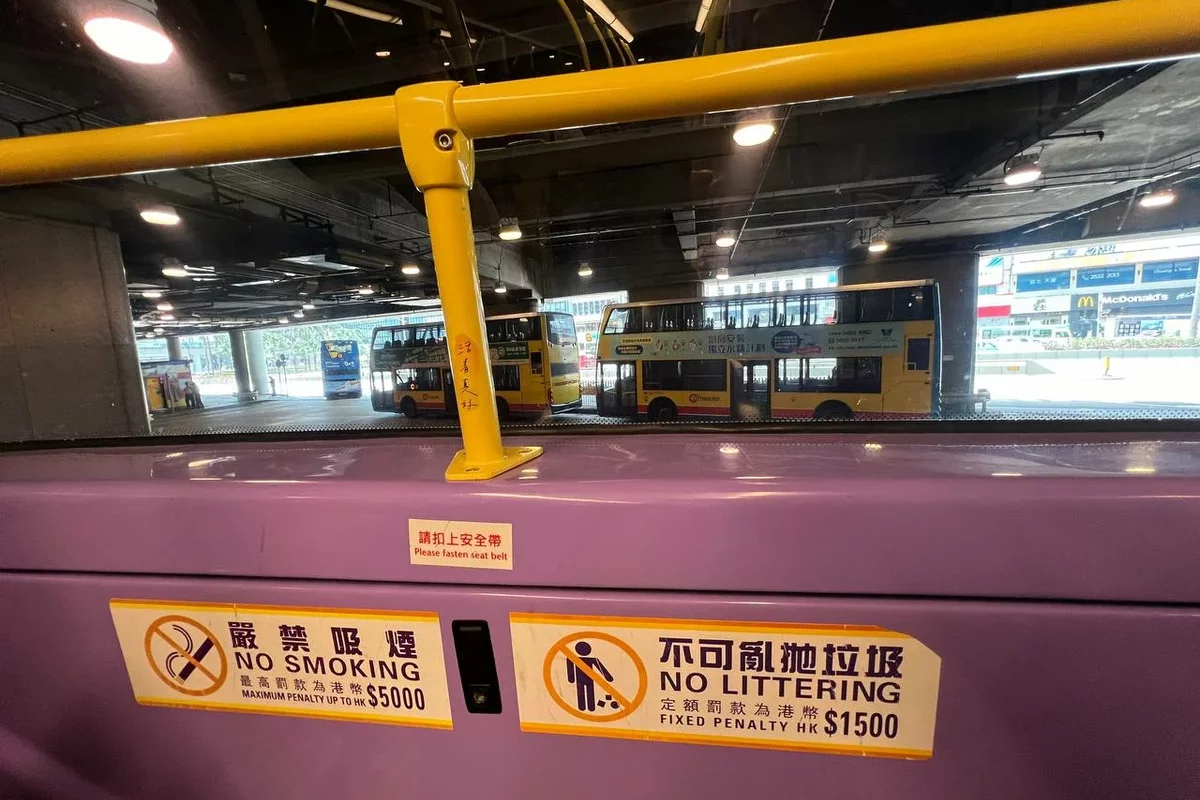
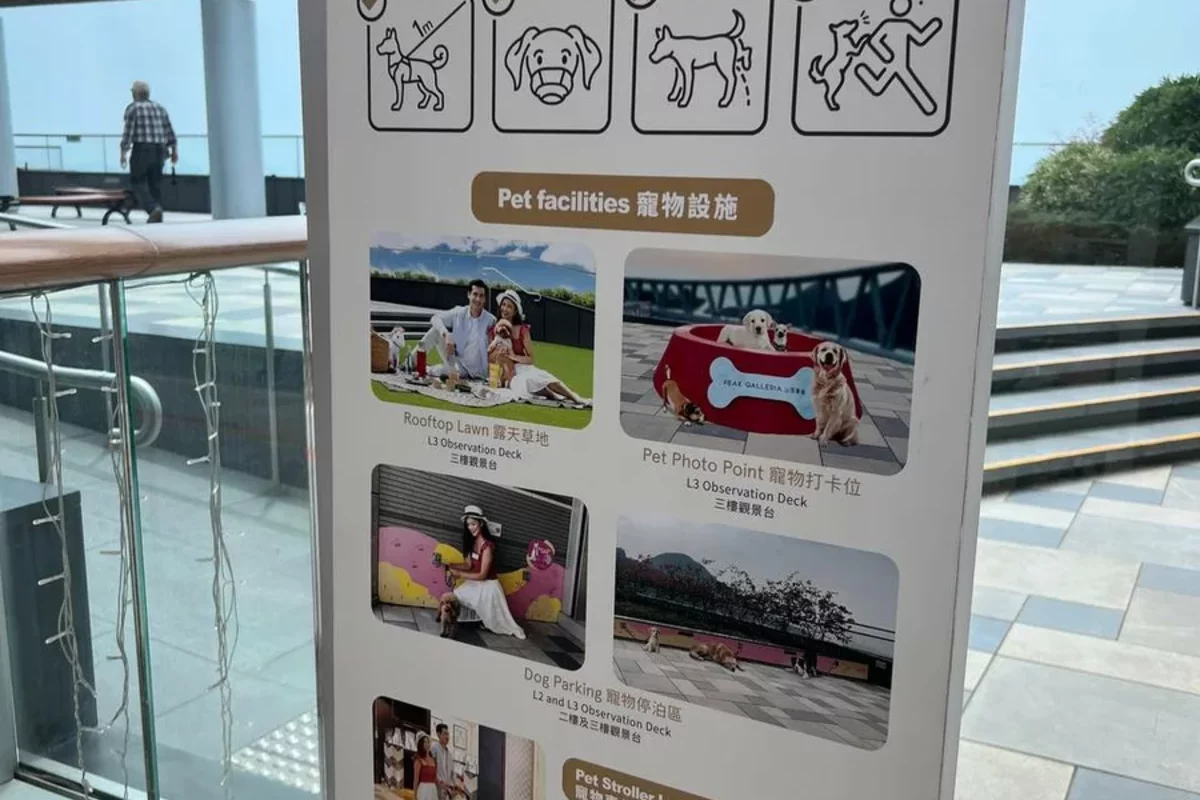
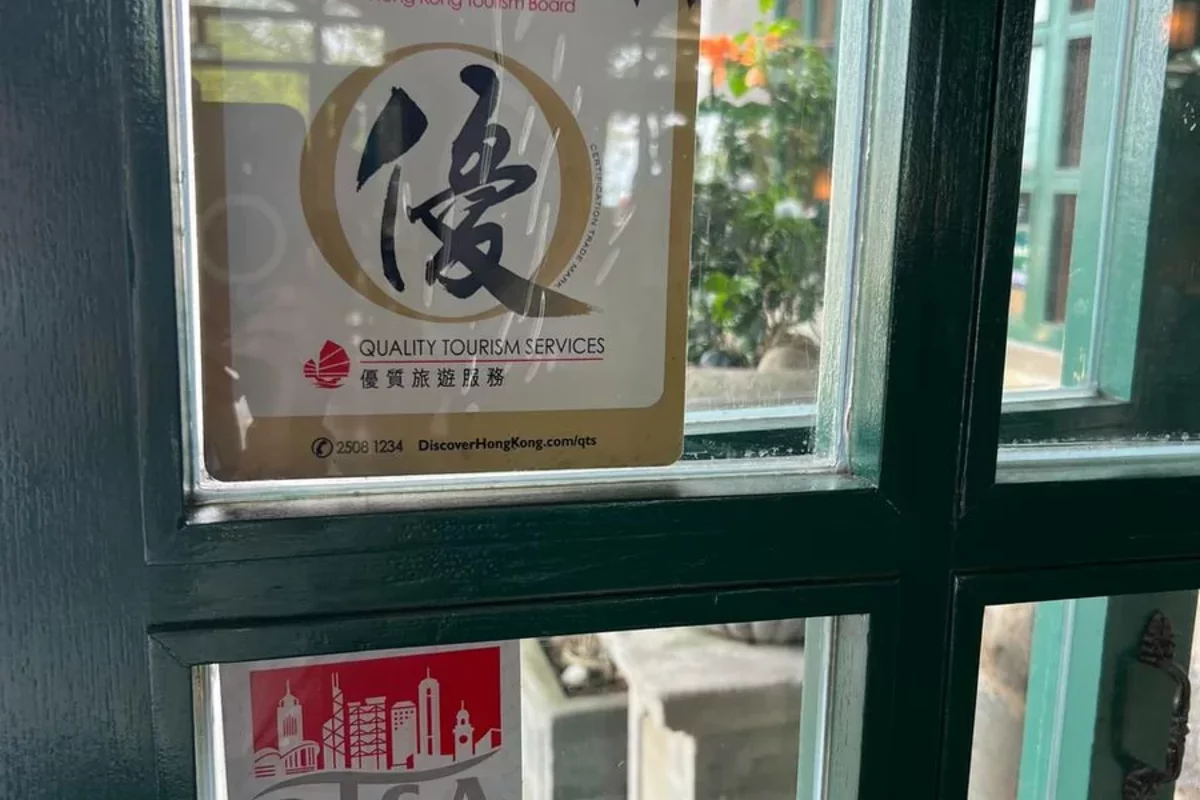

Local residents do not hope for pension payments.
Standard of living, contrasts, prices
— Real life in Hong Kong is very contrasting.
Many people close themselves off to their circle of friends and colleagues and live in their own “bubble,” while many, including me, immerse themselves in the local life and culture. I spend most of my time with local people. These are people both from Hong Kong itself and from other parts of China, as well as those who were born in England or Canada, learned Chinese and returned to their homeland. I feel very comfortable communicating with them, since I speak their language, accept and adore their culture, and this, of course, brings us very close.
The contrast in Hong Kong can also be seen in terms of people's living standards. Yes, many live in cramped conditions, as shown on TV, but many also live in large houses with sea views and personal drivers.
But still, the standard of living is mostly high. Even though many lost their business during COVID-19, children were transferred from foreign schools to local free ones.
People in general have confidence in the future because they initially ask themselves important questions: how many years do I want to live, how long do I want to work, and based on this they decide how to live their youth. They do not hope for a pension, which practically does not exist here, but mainly rely on themselves or their relatives. This explains their economic viability.
By the way, the locals are very gambling and love to go to the races, or go to neighboring Macau and play in the casino. Or sail outside of Hong Kong for the night, play on the ship for the night and return home in the morning.
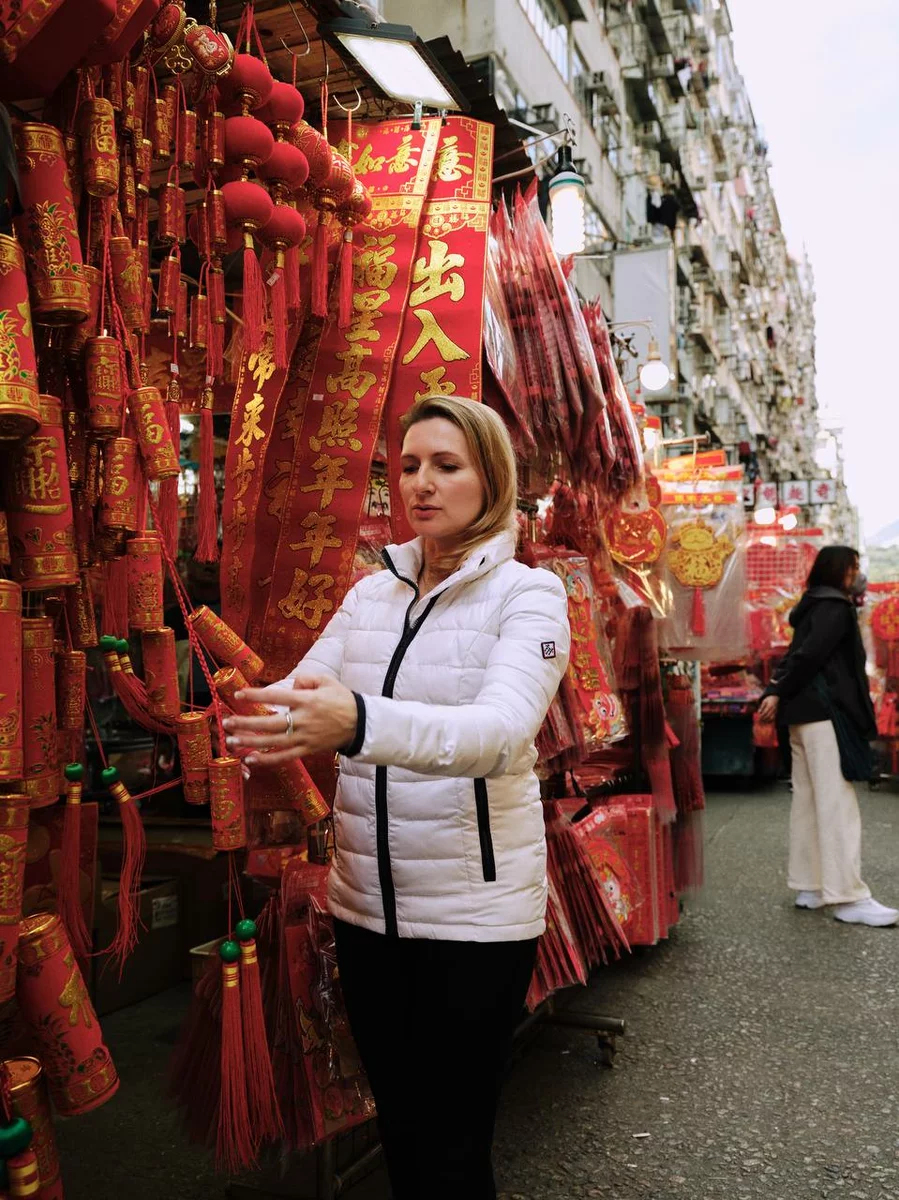
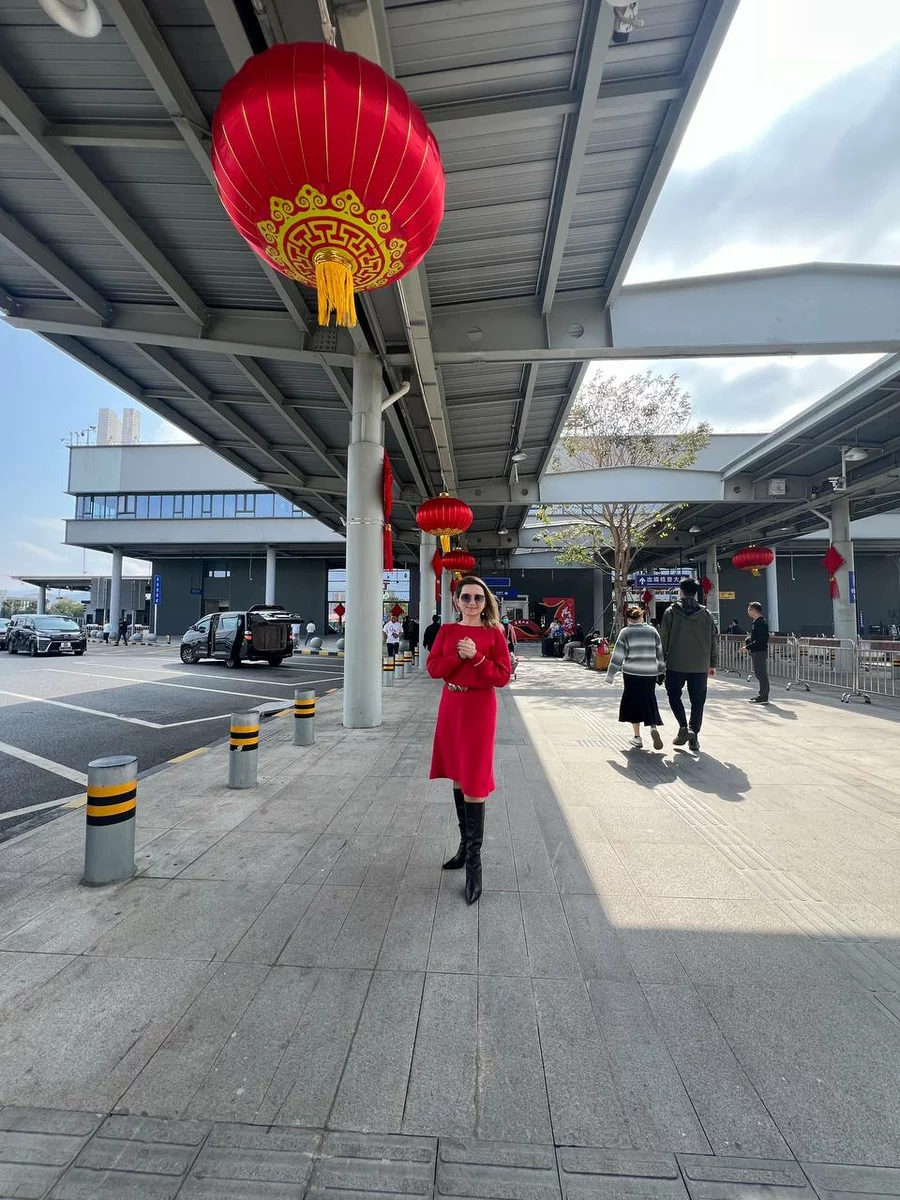
Many people in Hong Kong cannot afford a child because it is expensive.
— Here are some examples of basic expenses in Hong Kong:
- 1 l. milk – HK$24 (3 USD)
- 12 eggs – HK$37 (4.7 USD)
- 1 kg. tomatoes – HK$28 (3.6 USD)
- Big Mac – HK$45 (5.7 USD)
- 1 l. gasoline — HK$24
- Monthly pass — HK$442 (56.5 USD)
House helper services per hour — HK$99 (12.6 USD); By signing a contract, you can save money — the monthly fee is about 5000 GKD (~$640).
The amount you may need to live comfortably in Hong Kong greatly depends on whether you live here with or without children. One can live on even 20,000 Hong Kong dollars (about 2,500 US dollars). I know that this is how teachers live, who come here and rent a room, sharing an apartment with other residents — this way they can save on both rent and utilities.
But if you have a big house, several children, an assistant, a car, or even more than one, then half a million Hong Kong dollars a month (~64,000) will not be enough. Because just to send one child to school may require 50 thousand local dollars per child (for clubs, meals, etc.).
Therefore, many people in Hong Kong now, in principle, cannot afford a child. However, wanting to still look after someone, they get a pet — a kitten, a dog, a parrot, etc.
And then they raise him like a child — they pamper him, buy him clothes, toys, take him to various procedures, take out life insurance. Therefore, you can often meet people with dogs in the city or in restaurants. Some places have special playrooms.
By the way, I would like to say that pets here are mostly transported in wheelchairs, thereby avoiding traffic jams at pedestrian crossings, plus it is safer for the animals themselves.
Thanks to all this, there are practically no stray animals in Hong Kong.
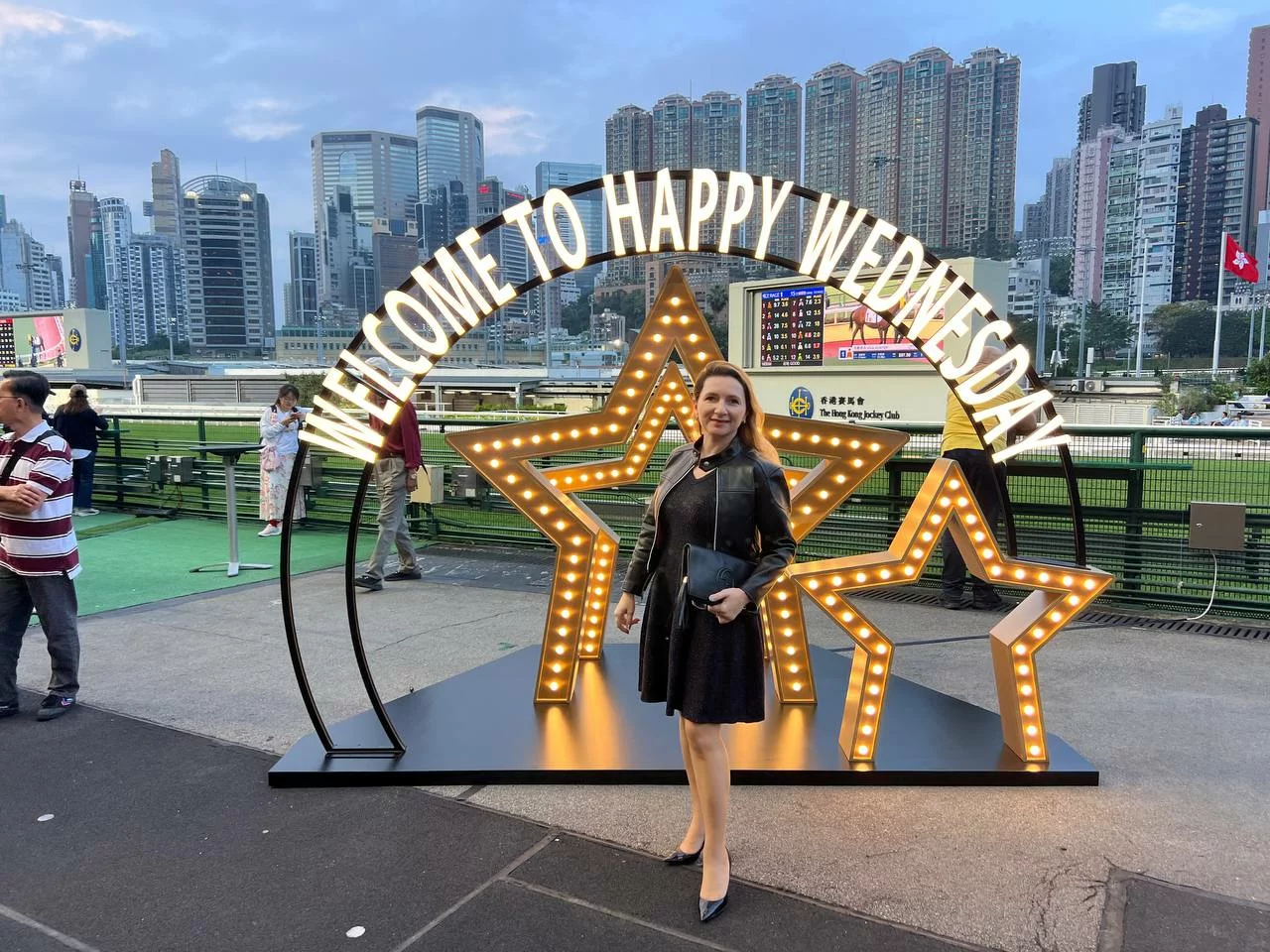
— It is difficult to name average salaries, because only after graduating from a university at 22–23 years old, the salary can only start from 12,000-15,000 Hong Kong dollars, and having already gained some experience and proven themselves, young specialists can already receive up to 30,000 HKD.
But there are, for example, professors who studied abroad and work at a local university — they can receive 120,000 HKD (15,300 USD) per month. That is, this is how the salary can differ by 10 times.
In general, according to statistics, specialists working in the field of information technology/e-commerce earn the most, while those in the food service industry earn the least.
In any case, even with small salaries there is no talk of poverty or anything like that. It’s just that in this case, people are looking for options to reduce their expenses, be it living with their parents, taking out a mortgage, and the like.
By the way, there is one more distinctive feature: our Hong Kong dollar has been reliably tied to the American dollar for more than 30 years and has not changed at all — we always divide our local dollar by 7.8 to find out how much it is in US dollars.
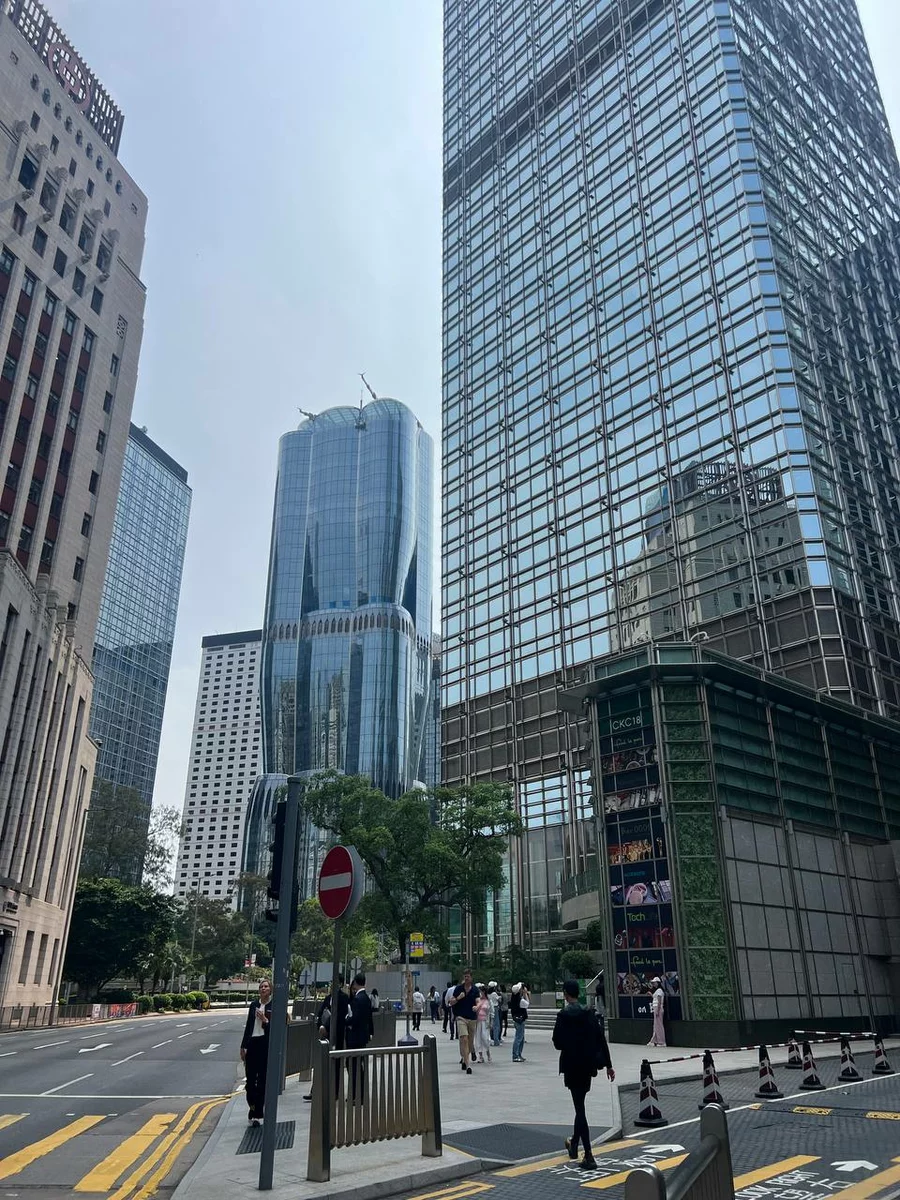
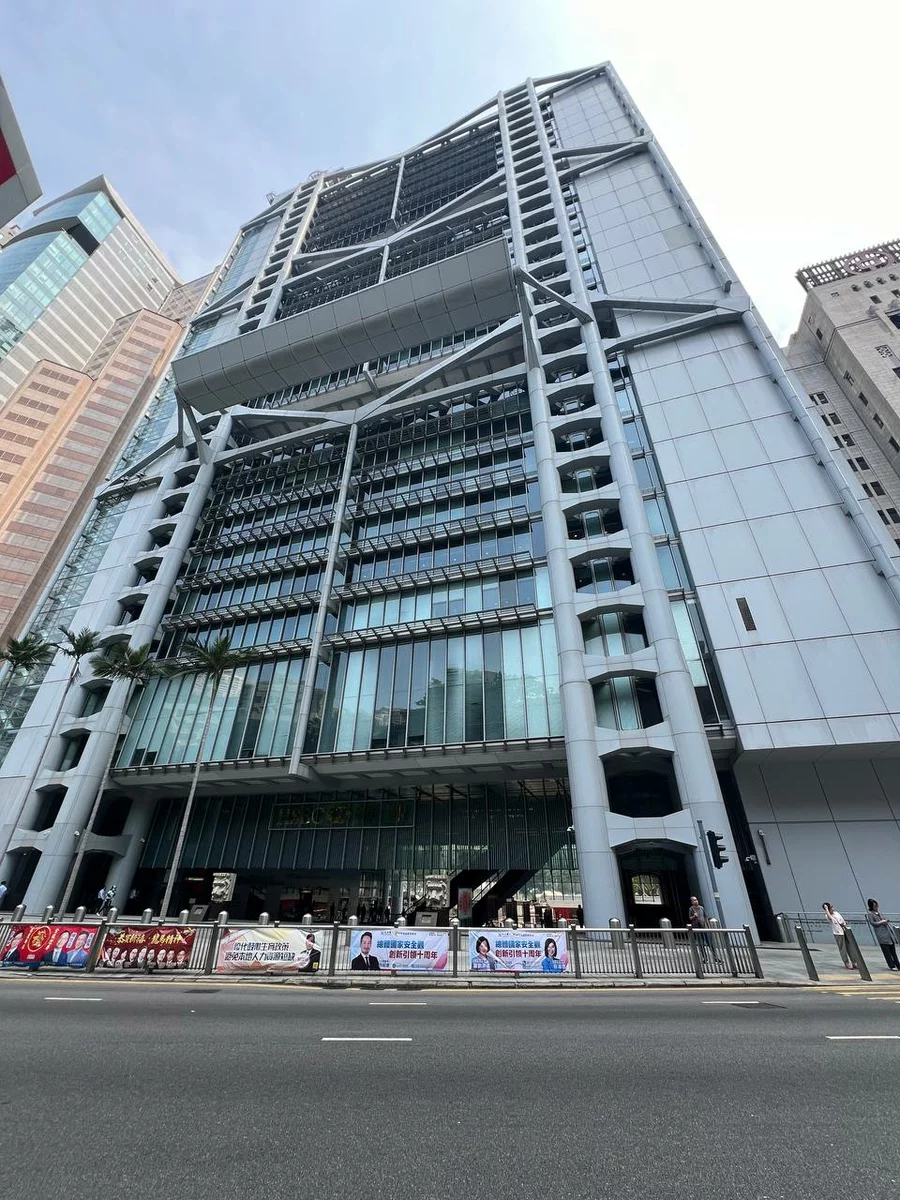
Real estate, education, and medicine
— Construction is actively underway in Hong Kong, but it is interesting that construction is only taking place on 30% of the territory. That is, the remaining 70% are not developed here, leaving natural resources in the form of forests, fields and mountains alone.
Buying a home in Hong Kong is a very expensive proposition. For example, if you buy a property with an area of less than 40 sq. m, a square meter will cost approximately 164,716 Hong Kong dollars (~21,000), when buying properties from 70 to 99.9 sq.m, you should expect about 196,266 GKD per sq.m (~30,000), and from 100 to 159.9 sq. m — about 230,570 Hong Kong dollars per square meter (~30,000).
When it comes to apartment rentals in Hong Kong, expats typically rent in the range of 15,000–40,000 local dollars ($2,000–$5,000). The cheapest option is to rent a room — here we can even talk about 3000 HKD ($400).
You can also rent, for example, floors in houses — one floor can cost 12-15 thousand HKD. In this case, you may have at your disposal, say, 70 square meters, a courtyard area, and so on. And renting an entire house can cost 30, 40, 100, and sometimes 400 thousand in local currency, depending on the available amenities.
Housing, by the way, can sometimes be paid for by the employer, this also happens.
Lease in Hong Kong is issued for two years at once. For the first year you undertake to live in this apartment/house, that is, you cannot move out; in the second it is already possible if you inform the landlord about your intention two months in advance.
When concluding a rental contract, you need to pay one month in advance, as well as a two-month deposit, which may not be returned to you in the event of damage to furniture, walls, household items, etc.
Utilities here count for two months. If the air conditioners in the rooms work, then you will need to pay more than $1,000 for electricity alone. At the same time, you don’t have to turn on the air conditioner to save money — many people do this too.
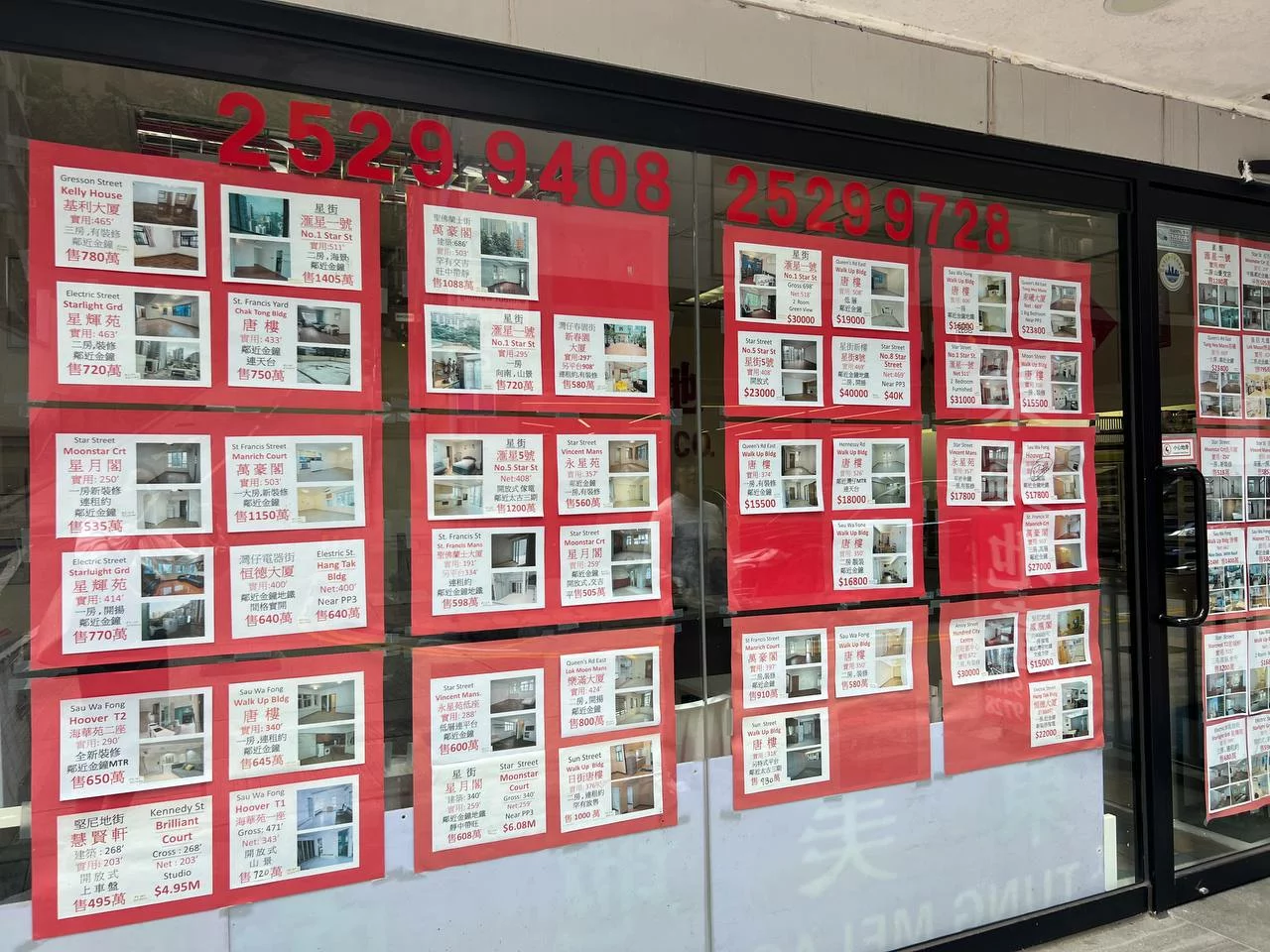
— Education in Hong Kong can be obtained in both free local schools and paid international ones. In the latter, the subject is being taught in English. Also, international schools differ from state schools in that they have no textbooks or homework. Children here learn everything positively, without memorizing multiplication tables and other things. They believe that it is more important to educate an entrepreneur, who can then simply hire the necessary specialists to perform specific tasks.
As for public schools, you only need to pay for uniforms and textbooks. This can cost somewhere around 3,000 HKD per year — and here you need to buy new textbooks every year. A lot of waste paper, but that's business. The mandatory contributions can be roughly outlined as follows:
Tuition at an international school will cost approximately 10-20 thousand local dollars per month (summer does not count). Also, in some schools, in addition to passing the interview, you need to make mandatory fees: debenture — a refundable deposit, and levy — a non-refundable deposit.
By the way, every school, college, university has its own uniform, and it is the same. It is convenient and teaches children discipline.

— Medicine in Hong Kong is also available, both paid and free. In free clinics you will have to stand in a queue for a long time to see a doctor, and in paid clinics (if you don’t have insurance) you will have to be prepared to pay a decent amount (sometimes a consultation alone costs about $650). Appointments with dentists and gynecologists are especially expensive, so we foreigners usually travel for such purposes either to Thailand or Russia.
Traditional Chinese medicine is also very popular here — we are in love with it and actively use it. The composition of such preparations is mainly natural, that is, herbs, insects, seahorses, etc. I like that you can go to traditional pharmacies and there they will advise you based on the color of your tongue, pulse, description of symptoms, what is better to drink now, what foods to exclude from your diet, or vice versa to add, and so on. You need to study for 6 years at university to become a specialist in this field.
Attitude towards foreigners and advice for relocants
— In Hong Kong, foreigners are treated well: they are already used to them, because a foreigner is a common thing here. While in China they are often surprised by foreigners living in this country.
In general, English will be enough for life in Hong Kong if you live and communicate with foreigners, or with educated Chinese who, by virtue of their position, are required to speak English.
If you communicate with local people who do not need English for work, then, of course, you will need Chinese. Otherwise, misunderstandings may arise due to the language barrier.
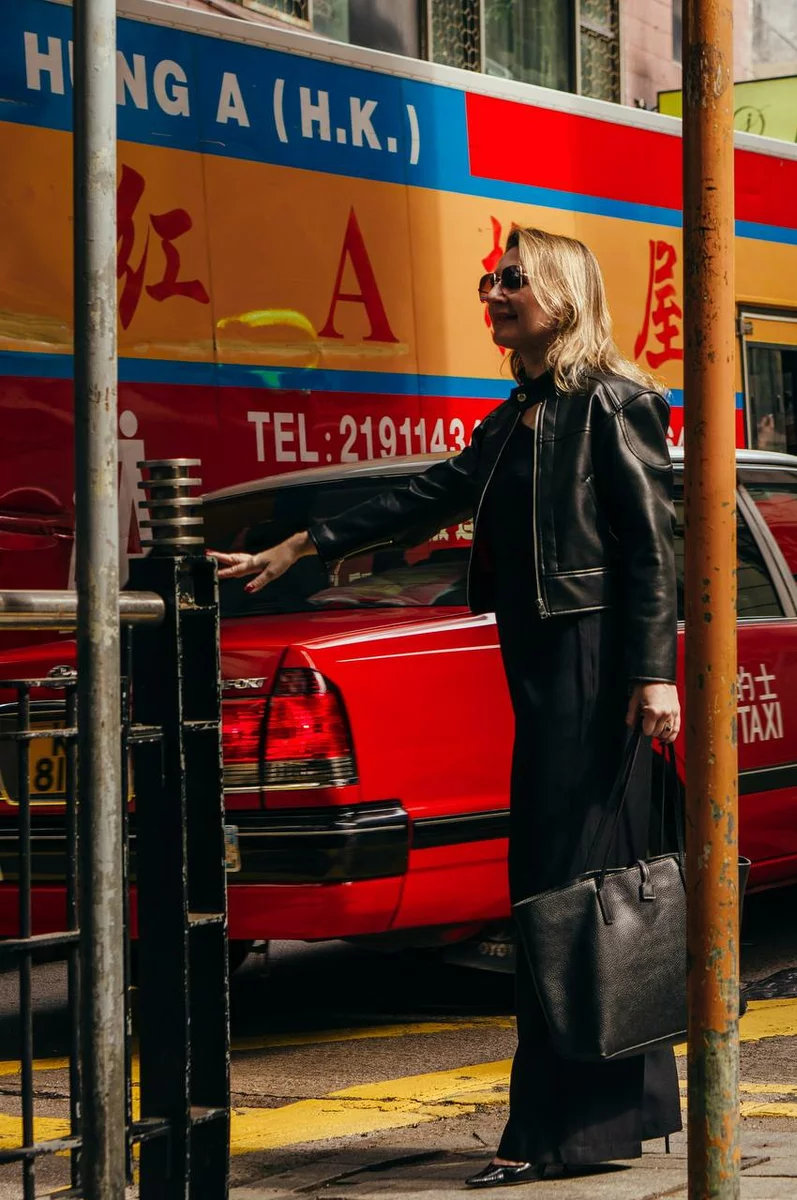

— For those planning to move to Hong Kong, I would advise, firstly, to learn more about the mentality of the local residents; dressing roughly the same as the locals do, not trying to stand out — at first it was difficult for me to get used to this, since I loved heels and it was not clear to me how to walk in sneakers and T-shirts.
I also recommend immediately mastering at least a few basic phrases in cantonese. And then, I think, with this reserve you will immediately have friends here.
Also bring with you those things that you cannot live without and that will be difficult to get on the spot. For example, in Hong Kong it is very difficult to find buckwheat — you either need to order it online or buy it and fry it at home, as it is often green.
In general, you need to be positive and simply go to a new country with curiosity. Allow yourself to experience the world through the eyes of a child. And even if you compare, do it with an emphasis on the advantages, and not vice versa.
Author
I am responsible for editorial work. I write expert interviews and guides.

















